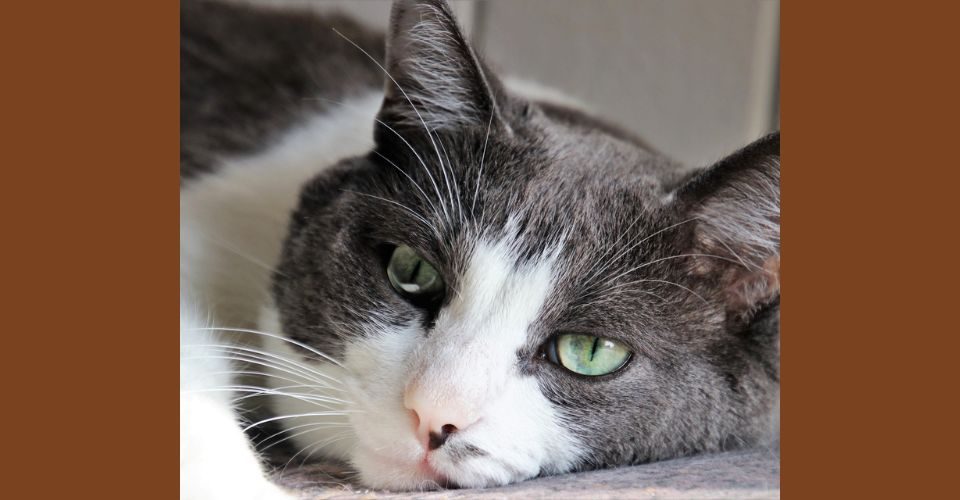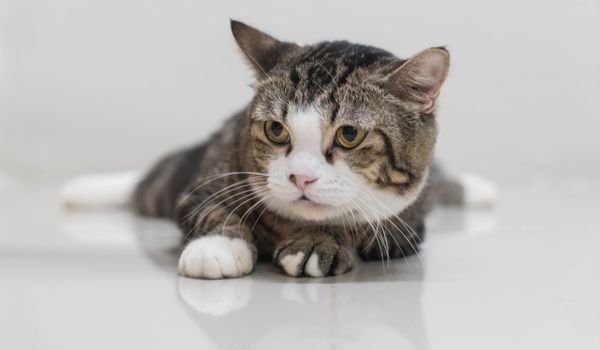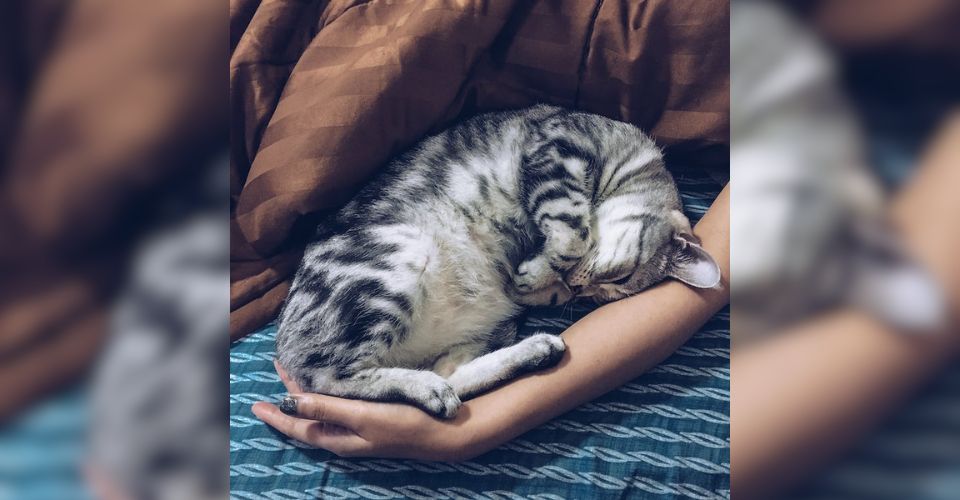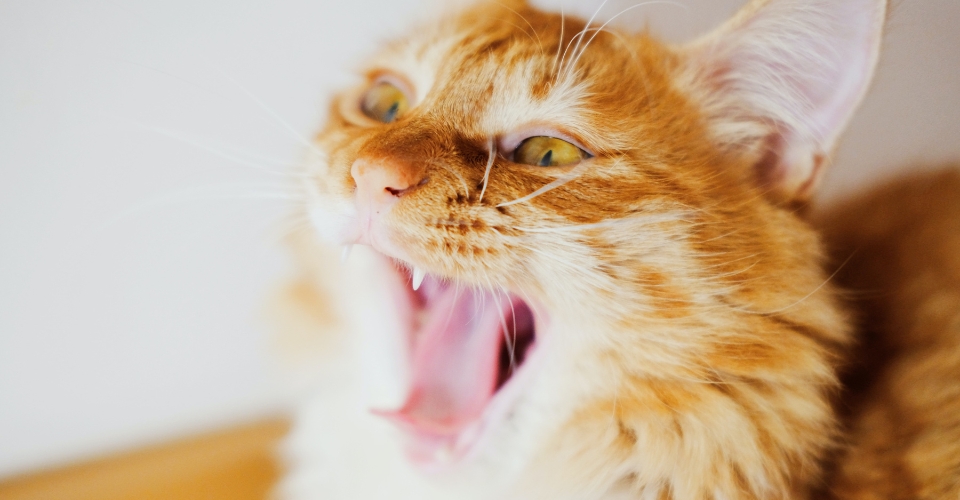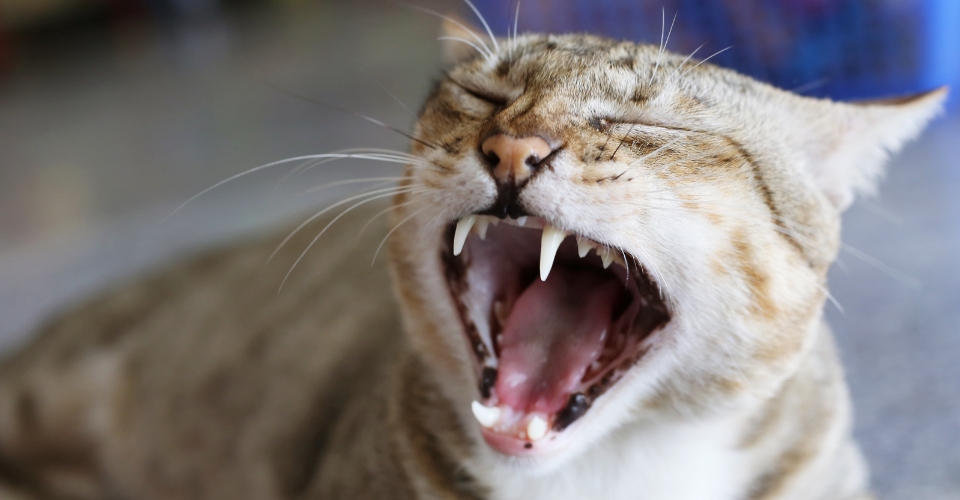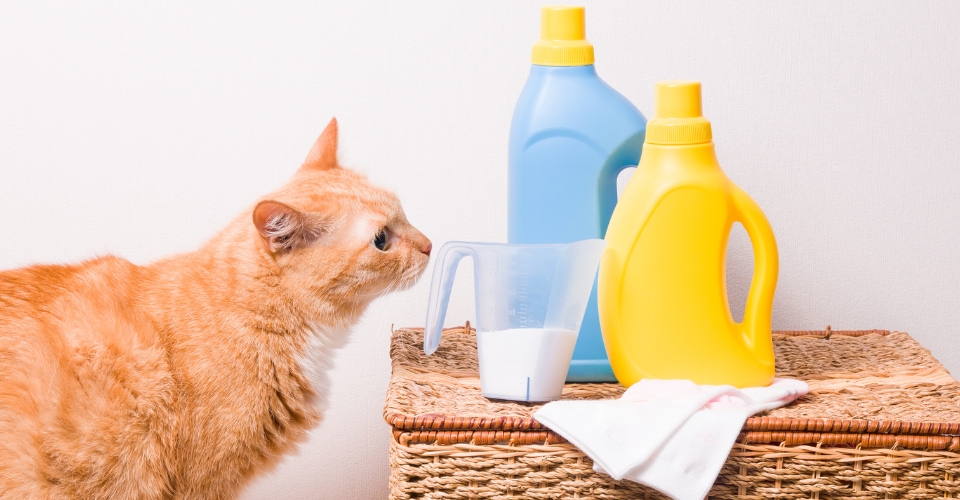“Do mother cats get sad when their kittens leave” is the common concern of all cat owners. If you are moving the kittens of your pet for any legit reason—e.g., finding them a new, better home—after they have stayed with their mother for long enough, you are only assisting the natural process. But, after all, it is a matter of motherhood—concerns here are legit.
Do Mother Cats Get Sad When Their Kittens Leave?
Yes, mother cats get sad when their kittens leave. Mother cats develop the litter of kittens inside their belly for around two months of pregnancy, and after giving birth, mama cats feed their young ones for around eight weeks. Queens go through a lot from conception to birth and weaning of the kittens. So, of course, mama cats are going to be sad when their kittens are separated.
They might begin searching their neighborhood by meowing, expecting a response from the ‘lost’ litter of her kittens. But fortunately, after a short interval, mother cats move on and stop missing the kittens, and the period of their “empty nest syndrome” passes.
How Long Do Mother Cats Remain Sad When Their Kittens Leave?
Generally, the less independent the outgoing kittens are, the more the mother cat will miss them, and vice versa.
The goal of mother cats is to make their kittens live on their own, which usually completes with the weaning of kittens. After that, the bond does not necessarily remain the same, and a decline in the mother-kitten relationship can be expected. Based on that, if the leaving kittens have reached the age of 12 weeks, the mama cat will be sad for only a few days; but if they are any younger, sadness may linger for a bit longer.
How to Know If a Mother Cat Is Sad Due to Separation from Kittens?
If your cat begins showing signs of depression right after her kittens leave, there is a high probability that she is missing her children. Though some cats might be good at concealing, the following signs indicate that your cat is depressed:
- Body Language: Ears held back, fur standing, and tail tucked generally indicate that the cat is sad.
- Being Reactive: If your cat is abnormally aggressive and very reactive even to your petting sessions, know that she is feeling very gloomy.
- Changed Vocalizations: Your cat might start meowing more or less than usual. She will also meow and purr at unusual places which she rarely visits.
- Excessive Sleeping: Felines with fear or depression usually sleep more than normal, i.e., more than 15 hours a day. Changing her favorite spot of sleeping also indicates the same. For instance, if she loves sleeping on top of you, she will not do it anymore.
- Changed Bathroom Habits: Your cat might refuse to use the litter box when she feels sad. Similarly, she might spray her pee in different places—even your dog’s bed will not be spared.
- Unrestrained Scratching: Scratching too much can be a sign of depression, anger, or anxiety in cats.
Is It Cruel to Separate a Mother Cat From Her Kittens?
No. It is not cruel to separate a mother cat from her kittens if the latter kittens are mature enough to survive on their own, i.e., they have reached the age of at least 12 weeks. However, if the kittens are too young to survive on their own or if it is difficult for them to adapt to any other means of sustenance except for their mother’s milk, they will face a hard time which could be akin to cruelty.
How to Help a Sad Mother Cat When Her Kittens Leave?
You can adopt a few comforting methods to bring the mother cat to ease, mainly:
- Removing the Scent: Remove all items belonging to your cat’s kittens from home. They have scents on them. If these items stay, it might add to your cat’s mental stress, making it harder for her to forget her young ones.
- Letting Mourn: Grieving is a natural and healthy response to loss. So, let mam cat grieve a bit. This way, they can feel good once the mourning is over, becoming happier cats.
- Contacting Vet: If your cat is seriously disturbed and facing severe anxiety about her kittens’ departure, she might harm herself by not eating her food. Taking her to a vet is better before any such unwelcoming scenario occurs.
- Entertainment: Engage your cat in various activities—physical or mental. Take your kitty on long walks, pet her, cuddle her, and give her plenty of cat toys.
- Stay Consistent: If it takes longer for your kitty to forget her kittens, do not give up and keep trying.
How to Stop a Mother Cat From Getting Sad Due to Her Kittens Leaving in the Future?
You can calm your cat down through the methods discussed above whenever her kittens leave; however, spaying remains the best way to solve the issue permanently. It will get her rid of unnecessary pregnancies that can ultimately lead to sadness when the kittens grow up and leave.
You can go for spaying your kitty pal soon after she is back to the normal state of mind after her kittens leave.
Why Do Cats Forget Their Kittens?
The ‘forgetting process’ kicks in as soon as the kittens are separated from their mother. Mother cats remember their litter through their scent—when the scent is gone for a longer period, they have a hard time identifying their young ones, leading to an almost complete erase of the memory.
Another factor that might contribute to this process is the fact that cats have short-term memory. Various research studies claim that adult cats do not remember any event past 16 hours. However, if the mother cat is somewhat young, she will have a longer-lasting memory.
Do Mother Cats Get Sad When Their Kittens Leave? Final Words
Yes, mother cats get sad when their kittens leave. However, after mourning for a few days, they tend to forget about their young ones and move on with their lives. Cats express their feelings through different means, most commonly through body language and vocalizations.

